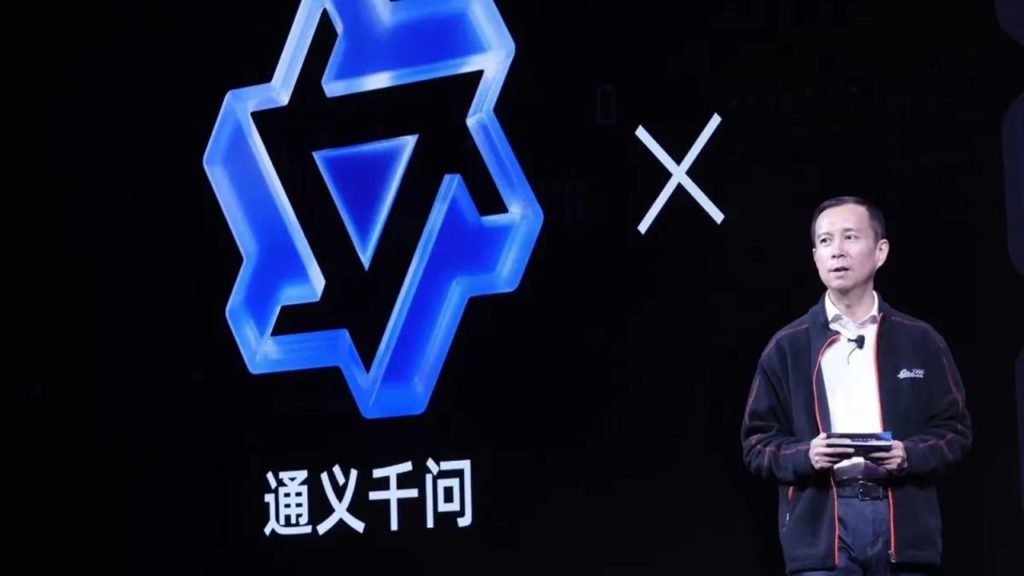|
Getting your Trinity Audio player ready...
|
Alibaba Group Holding Ltd has announced the launch of Tongyi Qianwen, its large language model powered by artificial intelligence (AI). The model is set to be integrated into all of Alibaba’s applicable businesses, including its workplace messaging app DingTalk and voice assistant Tmall Genie, with plans to build customized large language models for more enterprises through Alibaba Cloud.
Zhang Yong, Chairman and CEO of Alibaba Group and CEO of Alibaba Cloud Intelligence, stated at the 2023 Alibaba Cloud Summit that the technology offered by generative AI and cloud computing is transforming businesses across all sectors, boosting productivity, and changing people’s lifestyles.
The Chinese tech giant has been researching large language models since 2019, and its ChatGPT-style product will initially be used to summarize meeting notes, create poetry, write emails, and draft business proposals. This move by Alibaba is seen as a response to OpenAI’s ChatGPT, which was released in November 2022 and has gained immense popularity.
“We are at a technological watershed moment driven by generative AI and cloud computing, and businesses across all sectors have started to embrace intelligent transformation to stay ahead of the game,”
Zhang Yong, chairman and CEO of Alibaba Group and CEO of Alibaba Cloud Intelligence
Alibaba’s announcement follows the launch of SenseNova, a set of large AI models by Chinese AI pioneer SenseTime, and the rollout of Ernie Bot, a large language model and ChatGPT-like product by Baidu.
However, the use of generative AI technology raises concerns about ethics, copyright protection, and personal privacy. To address these concerns, China’s cyberspace regulator has unveiled draft measures for managing generative AI services. Providers will be responsible for the legitimacy of data used to train generative AI products, and measures should be taken to prevent discrimination when designing algorithms and training data.
While Pan Helin, co-director of the Digital Economy and Financial Innovation Research Center at Zhejiang University’s International Business School, acknowledges that Alibaba has an advantage in AI infrastructure due to its cloud computing business, Lu Yanxia, research director at market consultancy IDC China, cautions that the use of generative AI technology requires higher computing capacity and raises concerns about ethics and personal privacy.
China’s regulator stated that it encourages the innovation and application of AI algorithms and other basic technologies, but it also highlights that the content generated by generative AI should be in line with the country’s core socialist values. These measures are essential for China, given the increased focus on AI and the importance of regulating technology as part of its broader push towards technological self-reliance.
Alibaba’s focus on AI reflects the broader trend among Chinese tech giants, including Baidu and Tencent, to invest in AI and cloud computing. These technologies are seen as critical for driving growth and innovation across industries and ensuring China’s global competitiveness in the long term.
The Chinese tech industry’s focus on AI and cloud computing has put it in direct competition with the US tech industry. The US has traditionally been the leader in AI development, but China’s focus on these technologies, combined with its vast market and ample resources, means that it is quickly catching up.
Alibaba’s Tongyi Qianwen represents another step towards intelligent transformation and the integration of AI into all aspects of daily life. As the technology becomes increasingly advanced and more widely used, it will be essential to ensure that adequate measures are in place to safeguard privacy, ethics, and copyright protection.
In summary, Alibaba’s launch of Tongyi Qianwen represents its entry into the AI chatbot race and a move towards intelligent transformation, with generative AI and cloud computing expected to revolutionize businesses across all sectors. However, the use of generative AI technology also raises concerns about ethics, copyright protection, and personal privacy, which China’s cyberspace regulator is seeking to address through draft measures.
